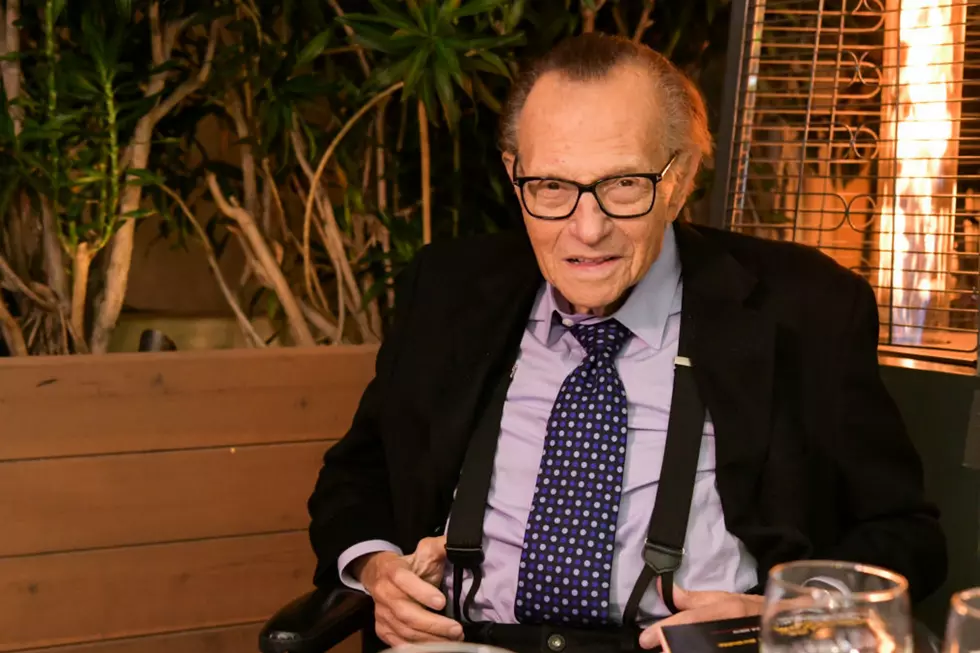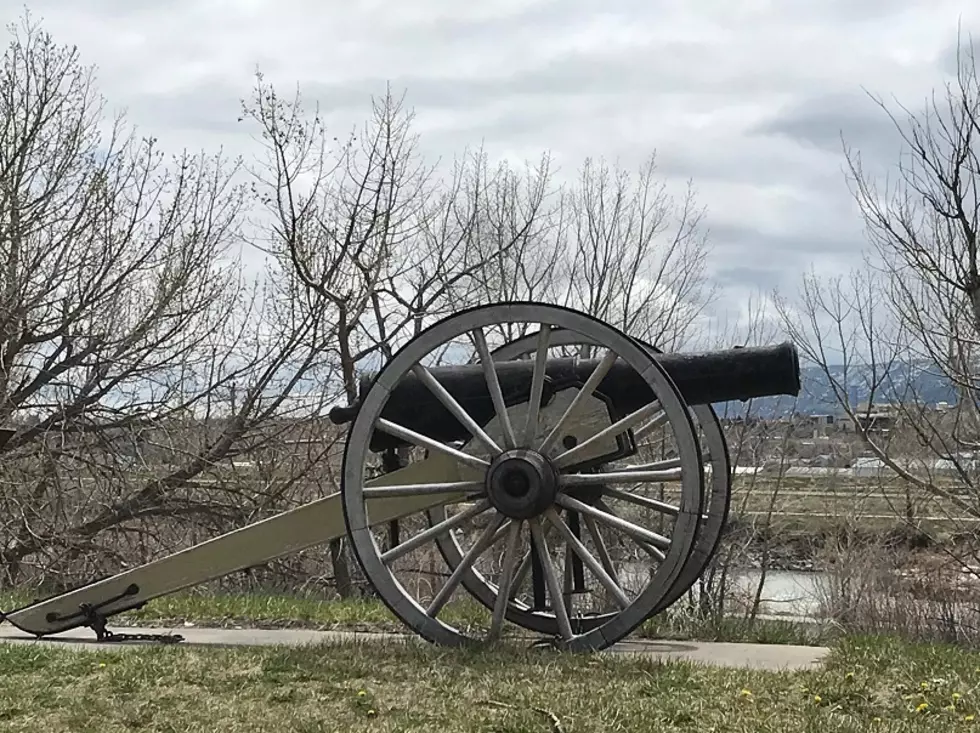
Remembering The Man Who Got Me Into Radio
Our teacher had given us an unusual assignment; 'Imagine it is the year 2000. Figure out how old you will be. Tell me where you will be living and what your life will be like. Will you be married? What sort of job will you have?'
We were just 6th graders. Most in the classroom had no idea, but I was certain.
At that time my family was living on Captiva Island off of Florida's West Coast. Sometimes, if I could not sleep at night, I would turn on a little radio I had with just enough volume that I could hold it to my ear and not wake anyone else in the house. I was listing to Larry King, broadcasting from WIOD radio over on the East coast in Miami.
As I began to write my essay for the teacher I thought of finding a thick book at our local library, a classic story, and I realize that the story I was holding had been written long before I was born, and would be around long after I was gone. When I expressed interest in becoming a writer I was told that most never made a living at it and I would need a full-time job to support that endeavor. At that moment I knew exactly what I wanted to do. I wanted to host a radio show like Larry King. That's the job that would pay the bills. Then I could write the occasional book. That is what I put in the essay for my teacher.
Larry King began as a DJ. That was back when a DJ had an actual show. Most today are just a voice between songs. One of my favorite stories of his was of the phone call he got from the hotel across the street. A fan had rented a room and she wanted him to come visit. Larry put on a long record and rushed over. The punchline? The record skipped.

Being a DJ is not easy. Larry was broke and out of work through most of his early years.
But then he was given the job of MC, live on air, from a local nightclub that played live music every weekend. Sometimes the band would wrap up before the radio show was scheduled to end. So, Larry began to interview people to fill the time. He would talk to members of the band if he could. If they were not available he would interview anyone he could find. A customer, a waitress, the dishwasher, anyone. That might sound boring but he was good at it and the ratings actually went up.
Because of the popularity of these interviews, the radio station gave Larry one of the nations first talk radio shows. He would broadcast, overnight, interviewing anyone about anything. Dispute the hours he was on the show became rather popular.
Enter Mutual Broadcasting. They had an idea for a national show like no other.
I used to imagine Larry in impressive network studios. But as you can see from the video, below, the Mutual Broadcasting studios were NOT impressive at all.
Back then every radio station in the nation had to produce most of their own content. Very little was syndicated. Back then there was no such thing as Talk Radio. Mutual's idea was to offer The Larry King Show by satellite to any station, for free. All they had to provide was some space for network advertising to run. To stations around the nation this meant that they would simply need to pay for was someone to play the local commercials, which was done manually back then. But if they did not have any local commercials then they could just turn the station over to the network and go home. Mutual's idea would save small market stations a lot of money.
It wasn't long before The Larry King Show was on stations all over the nation. He would do a 3-hour live show, then the program would repeat until the local station turned it back to local programming.
It might have been an overnight show, but soon his audience numbered in the millions.
Larry interviewed everyone about everything. Presidents, authors, janitors. The format was simple; three guests a night. A half-hour of Larry asking them questions, then a half-hour of the callers asking the guest questions. On Friday nights the last hour, usually, was left for solid open phones, just Larry and the listeners. He never read the book first if he had an author on. He was curious and wanted to ask the same questions the average person would ask. That approach worked well for him.
Larry never took sides. He just interviewed. When Talk Radio was introduced as a new radio format every talk host patterned themselves after Larry King's style. I know I did when I first switched from being a DJ to a Talk Host. But a decade or so later when opinion talk radio took over Larry was not sure what to do with it. He had no idea what Rush Limbaugh was all about.
When CNN began broadcasting as the first 24-hour news network they wanted to introduce a late night interview talk show to their lineup. Ted Turner called Larry King.
For a while, Larry hosted the TV show then drove to the radio studios to do the radio show. But that was burning him out, so he gave up radio and stuck with CNN.
The only criticism I can give Larry King is, he did not have to marry every woman he met. 8 wives over the years. Come on Larry.
50 years later and I'm sorry I never met the man. I am now doing everything I wrote in that essay to my teacher all those years ago. Thank you, Larry King, for inspiring the dream that became my life.
KEEP READING: See notable new words that were coined the year you were born
More From Wake Up Wyoming









